India’s democracy is being reshaped—not by debate, but by barricades. From frisking children to banning black scarves, the state’s grip tightens while civil liberties shrink. This article explores the psychological conditioning of a nation, the warning signs of a police state, and lessons from countries that fought back.,
“The greatest threat to freedom is a government that ignores its own people.” — Edward R. Murrow
India today stands at a troubling crossroads. The promise of democracy—vibrant, participatory, and inclusive—is being steadily replaced by a spectacle of control. Metal detectors greet citizens at every turn: malls, metro stations, schools, even temples. Barricades choke highways. Gun-toting personnel—police, paramilitary, private guards—loom over public spaces, their presence less reassuring than intimidating. The message is unmistakable: the state sees its own people not as citizens, but as suspects.
Children are frisked. Elderly women are asked to empty their handbags. College students are scanned for pens, coins, scarves—especially if they’re black. At political rallies, attendees are stripped of water bottles and even the right to face the road if the Prime Minister is passing. Streets are sealed hours in advance. The public is not invited to participate in democracy; they are instructed to observe it from a distance, preferably silent and compliant.
This isn’t security. It’s psychological conditioning.
The Khaki Reflex
A generation is growing up with a reflex: raise your arms when you see khaki. Submit. Don’t question. Don’t carry anything that might be construed as dissent. The presence of uniformed men no longer signals protection—it signals power. And power, in this context, is not shared. It is wielded.
The normalisation of surveillance and control has crept into everyday life. CCTV cameras watch from every corner. Facial recognition systems scan crowds. The Criminal Procedure (Identification) Act allows biometric data collection from anyone arrested—even for minor infractions. The state’s gaze is omnipresent, but its accountability is absent.
India’s leaders promise a “fully developed” nation by 2047. But development without dignity is a hollow pursuit. What good is infrastructure if citizens are treated like intruders in their own land? What use are bullet trains and smart cities if education is privatised beyond reach, and public universities are gutted of faculty and critical thought?
Schools and colleges are increasingly ideological battlegrounds. Curriculum changes favour mythology over science, nationalism over inquiry. Fees soar while quality plummets. The poor are priced out of higher education, and the middle class is squeezed into debt. Meanwhile, spurious medicines—like the infamous cough syrups linked to child deaths—expose the rot in regulatory systems.
Turbulence Next Door
India’s democratic anxieties are mirrored—and magnified—across its neighborhood. In the past three years, Sri Lanka, Bangladesh, and Nepal have all witnessed seismic political upheavals. Sri Lanka’s 2022 financial collapse led to mass protests that ousted its president and exposed the dangers of dynastic rule and economic mismanagement. Bangladesh followed with its own reckoning: spiraling inflation, youth unemployment, and corruption triggered widespread unrest, culminating in the fall of its government in 2024. Now, Nepal has joined the wave. A Gen Z-led protest against a social media ban snowballed into a national referendum on political corruption, forcing Prime Minister KP Sharma Oli to resign in September 2025. These movements weren’t just about policy—they were about reclaiming dignity, transparency, and democratic voice. For India, the message is clear: the region is restless, and the cost of ignoring public discontent is growing.
Civil Resilience or Resigned Silence?
Despite these conditions, India is not without resistance. Farmers’ protests shook the nation. Students have marched for academic freedom. Journalists continue to report, even under threat. Courts occasionally push back. But the space for dissent is shrinking. Sedition laws, anti-terror statutes, and preventive detention are used not to protect the public—but to silence it.
The question is no longer whether India is becoming a police state. The question is: how long can civil society hold the line?
Lessons from Elsewhere
Across the globe, democratic backsliding has become a familiar story—but not all endings are the same. In some countries, the arc bent back toward accountability. In others, it snapped under the weight of authoritarianism.
Take Malaysia. In 2018, after years of entrenched corruption and institutional decay, voters delivered a stunning verdict. The ruling coalition was ousted, and a reformist government took charge, pledging to restore judicial independence and repeal draconian laws. It wasn’t a perfect transition, but it proved that even long-standing regimes can be unseated when public anger finds a voice at the ballot box.
Poland offers another lesson. The Law and Justice Party had chipped away at judicial autonomy and media freedom for years. But in 2023, opposition parties united across ideological lines to challenge the erosion of democratic norms. Voter turnout surged, and the result was a political shift that opened the door to restoring institutional checks. It was a reminder that polarisation doesn’t have to mean paralysis—when the stakes are high, unity can be a strategy.
Further afield, Mongolia and Sierra Leone showed how civic activism can be a catalyst for change. In Mongolia, youth-led protests against corruption and opaque governance sparked a broader movement for transparency. Sierra Leone’s peaceful transition in 2018 brought in leadership committed to human rights and reform. These weren’t just electoral victories—they were cultural shifts, driven by citizens who refused to accept silence as the status quo.
But not every story ends in renewal. Turkey, Russia, and Venezuela offer cautionary tales. In Turkey, emergency powers became permanent tools of suppression. In Russia, dissent was criminalised, opposition leaders jailed or exiled, and elections reduced to theater. Venezuela’s democratic institutions were hollowed out, leaving behind a shell of governance propped up by fear and propaganda. These regimes didn’t survive because they were popular—they survived because they silenced dissent before it could organise.
India at the Crossroads
The contrast is stark. Where civil society mobilised, democracy found a pulse. Where fear prevailed, freedom withered. India stands at a similar crossroads. The lessons are there—etched into the political histories of nations near and far. What remains to be seen is whether India will heed them, or become another chapter in the cautionary tale.
“When citizens surrender their rights for the illusion of safety, they awaken to the reality of control.” — Anonymous. The choice is urgent. The stakes are immense. And the time is now.
(The author is a freelance journalist and retired officer from the Indian Information Service. Views are personal.)
.jpg)
 Krishan Gopal Sharma
Krishan Gopal Sharma 
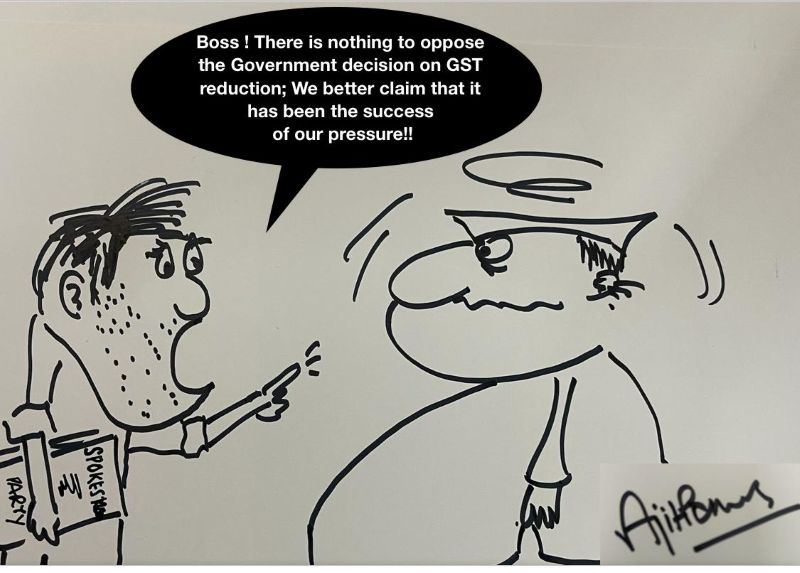
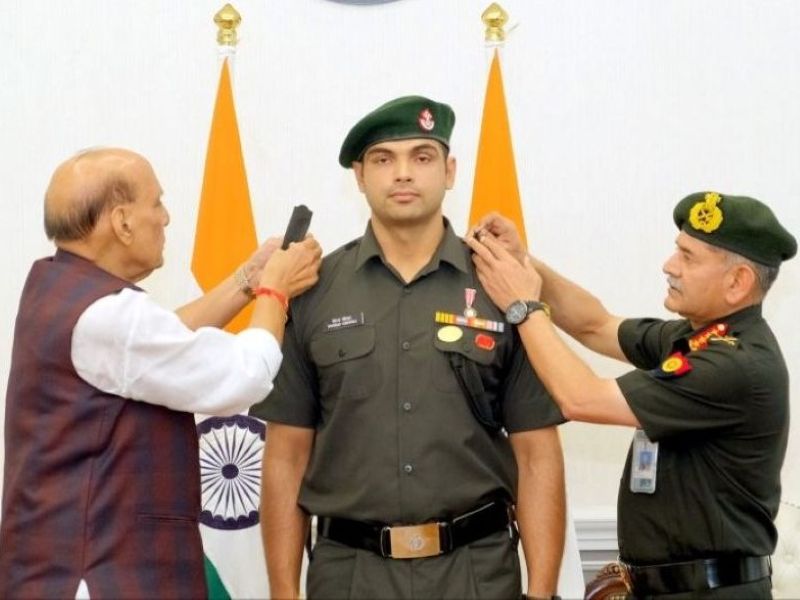
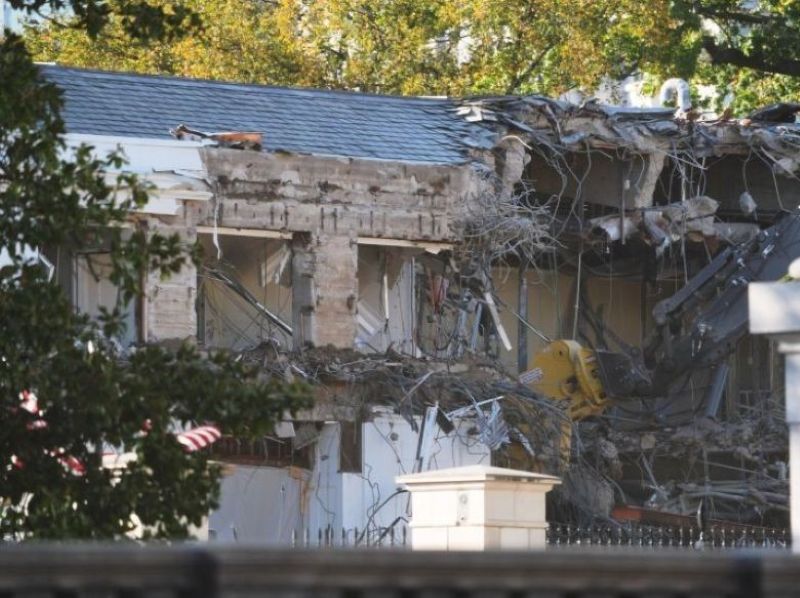

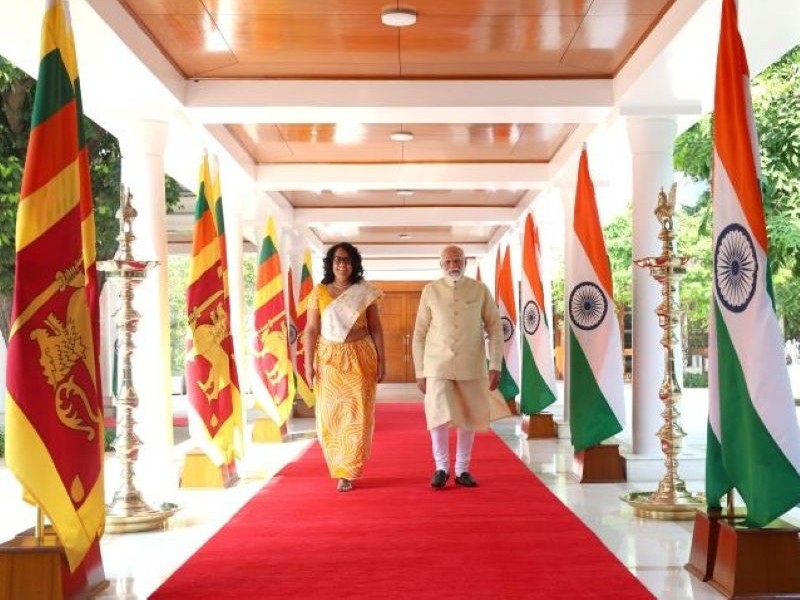





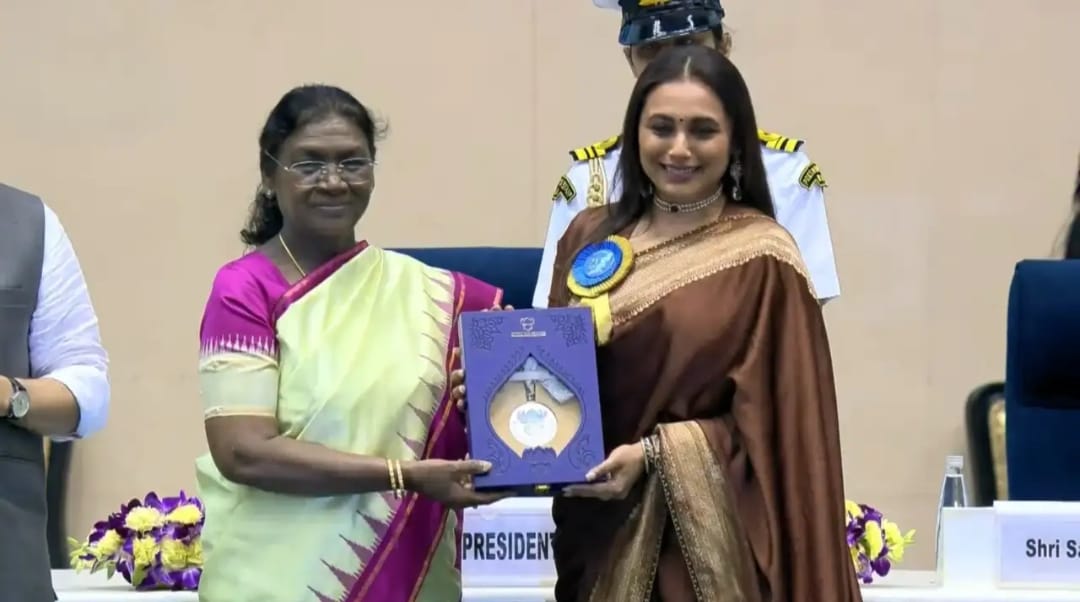

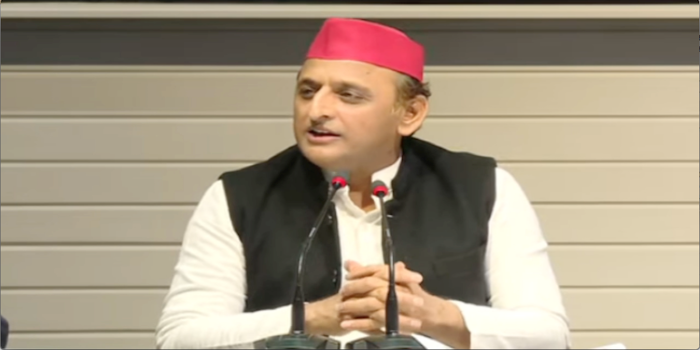
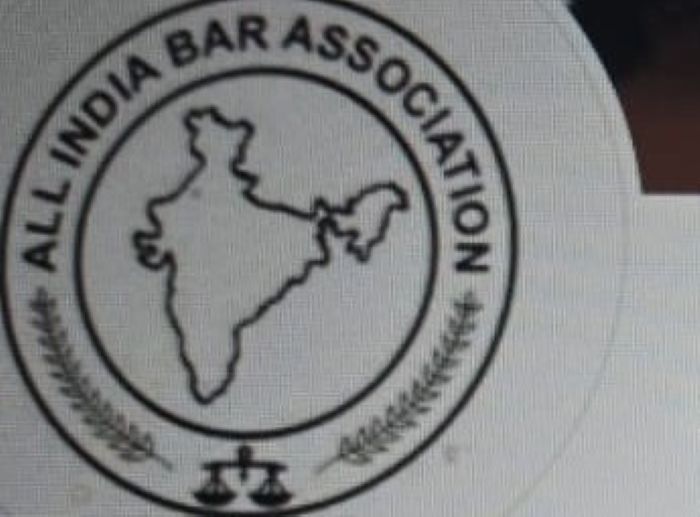

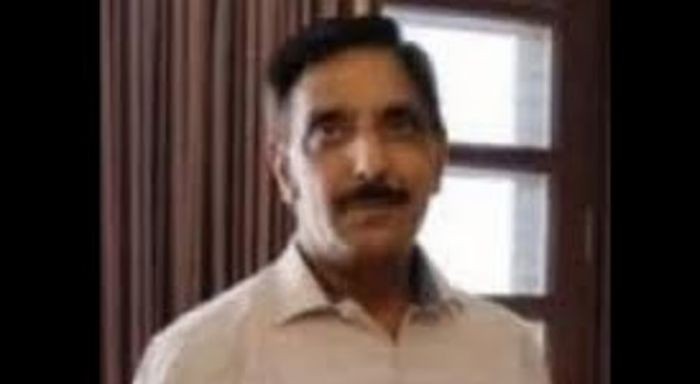
Related Items
India jumps to 9th position globally in total forest rea: FAO report
Ties with India independent, Kabul slams Pak's 'Proxy War' claims
CM allocates Rs7,737 crore for 124 road projects across Gujarat